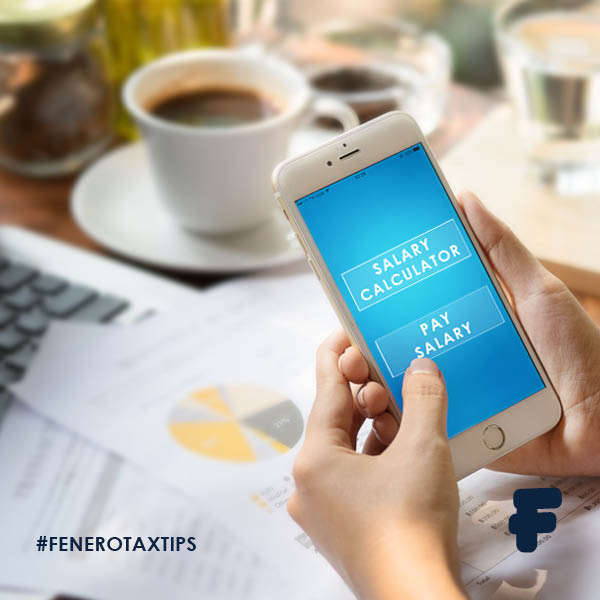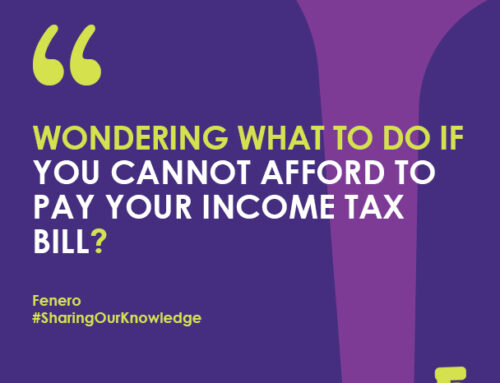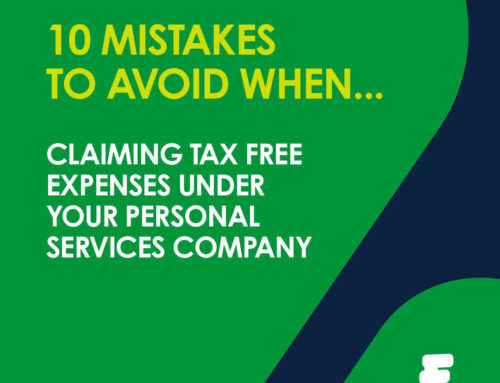How to Avoid Common Mistakes Freelancers make when Paying Yourself Salary from your own Limited Company
As a freelancer or contractor you usually have the choice of setting yourself up as either a sole trader or a limited company. There are pros and cons of both options, but this article is to assist people who have chosen the limited company route.
Making the shift to a limited company can be a big change if you have been used to freelancing as a sole trader. In particular, many people get caught out in managing their own salary payments. If this has happened to you, don’t worry, you are not alone. Getting your head around how you must manage your money when you have a limited company is a normal stepping stone.
The first piece of advice we can offer is; think of your limited company as completely separate to you as a person. Although it is your company – you own it, you control it – it is actually a separate legal entity and not an extension of you as an individual. So when thinking of the money in your company bank account, don’t think of it as your own money. This may seem like a strange concept at first, but getting into that mindset will help you with understanding a lot more tax and money management issues with your company.
The money in your company bank account typically becomes your own personal money, by the company paying you a salary and transferring your after-tax salary payment to your personal bank account.
5 Practical Tips
Here’s some practical tips for managing money in your bank account to avoid later nasty surprises or problems with the taxman over taxes due on money you are using in the company bank account.
1. Never transfer money to yourself from your company bank account
until you have first prepared a payroll calculation. You can then transfer yourself the after-tax amount. (The taxes should then be paid across to Revenue by the company).
2. If you have paid business expenses from your own personal funds
(e.g. cash, personal debit or card credits etc), you are entitled to withdraw the equal amount from your company bank account. Always complete an expenses claim form and summarise all the amounts you have paid from your personal funds on the form. Then make a transfer from your company bank account into your personal bank account for the total amount of all the expenses. We recommend you pick a set frequency for this, such as once a month.
3. Avoid paying yourself lots of small, random amounts.
Instead think of yourself as a salaried employee who gets paid at set frequencies i.e. monthly, fortnightly or weekly. This will reduce your accounts and payroll administration and make it much easier to keep on top of your tax and know where you stand.
4. Never use a company credit card to pay for personal costs
and never make bank transfers from your company account for personal costs. Paying for personal costs from your company is like paying yourself a salary without paying the taxes due on the salary. This can quickly become a massive tax headache for you.
5. Be careful of taking “loans” from your company bank account.
Be careful of taking “loans” from your company bank account. There are a lot of rules and restrictions around this. We often see people getting caught out by taking loans from their company. Check out our article “borrowing money from your company” for more info.
If you are a freelancer or contractor and need help managing your payroll, income tax return or personal tax affairs, get in touch! hello@fenero.ie







